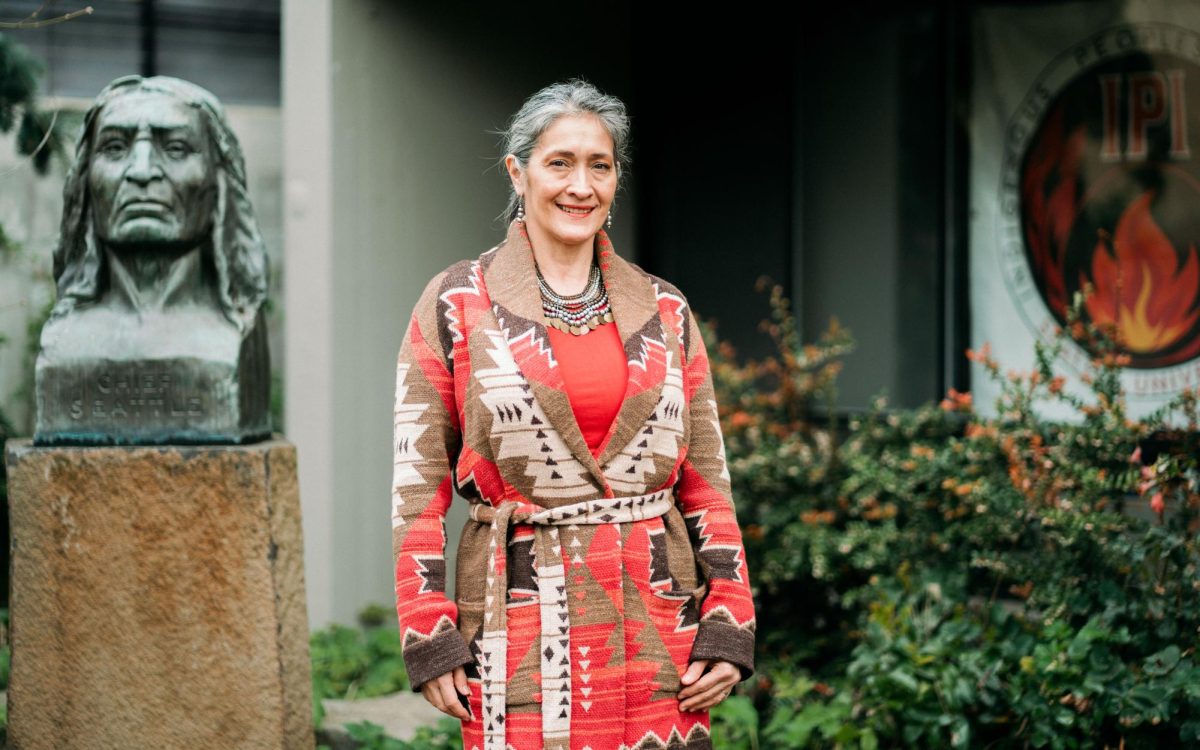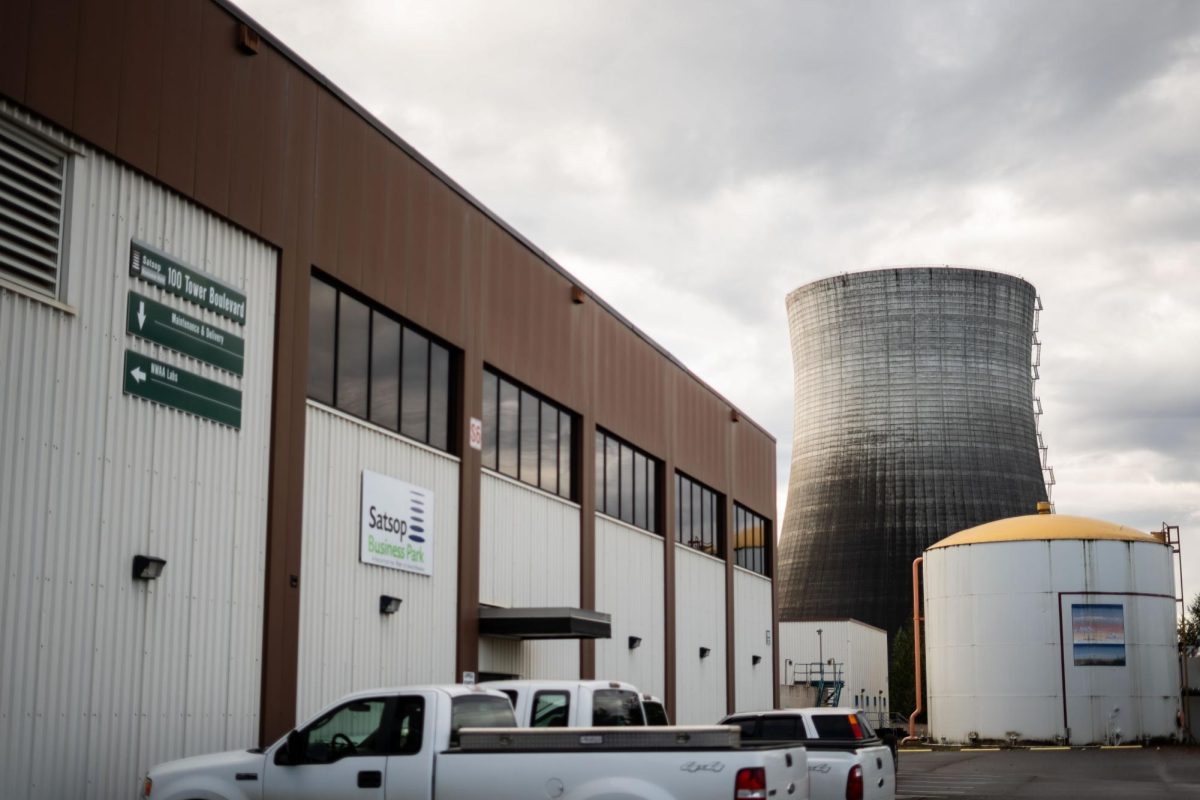The liquidation of the West Antarctic ice sheet is upon us, with devastating consequences to follow. Though scientists say the remainder of the melting will occur glacially slow, two recent studies heed that the melting process that has now begun is unstoppable.
“Today we present observational evidence that a large section of the West Antarctic Ice Sheet has gone into irreversible retreat,” said Eric Rignot this week in national papers. Rignot is a glaciologist at NASA’s Jet Propulsion Laboratory and the lead author of one of the study’s papers. “It has passed the point of no return.”
At a news conference on Monday, Rignot warned the melting in West Antarctica could cause global sea levels to rise by four feet over the course of the next several centuries. It is likely that the major glaciers of West Antarctica will disintegrate as well, destabilizing the entire ice sheet, tripling the ultimate sea level rise.
Scientists agree that the rise is inevitable but they expect the completed collapse of the ice sheet to take place no sooner than 200 years from now.
Both NASA and the University of Washington performed studies addressing the ramifications of the collapse—NASA’s approach was retrospective, studying the melting over the last twenty years, and UW predicted the evolution of the melting by means of computer programming.
NASA’s study analyzed 40 years of ground, airplane and satellite data specific to six western Antarctic glaciers known for the most the global sea-level rise. In the past 20 years, the Pine Island glacier has retreated a startling 31 kilometers. Rignot said that when the remaining six glaciers of the West Antarctic melt, they will contain enough ice to add an additional 1.2 meters (4 feet) to global sea levels.
In the second study, researchers at UW used detailed topography maps, airborne radar and computer modeling to predict the timeline of the ice sheet collapse. This study focused on the broad Thwaites glacier of the Amundsen Sea. Scientists first labeled Thwaites’ instability several decades ago, describing it as the Antarctic ice sheet’s “weak underbelly.” UW researchers concluded that Thwaites will melt completely over the next few centuries resulting in a global sea level raise of nearly 2 feet.
“The thinning we are seeing is not just some temporary trend. It is really the beginning of a larger scale collapse that is likely to play out over a two to 10-century range,” said UW glaciologist Ian Joughin, lead author of the study, in an article for The Guardian.
“We really are witnessing the beginning stages,” Joughin continued.
Earlier in the year, the United Nations’ Intergovernmental Panel on Climate Change (IPCC) produced a study on sea-level rises that failed to consider the melting of the western Antarctica ice sheet and therefore predicted far less rising.
Both teams of researchers determined that even with stringent action taken to limit greenhouse gas emissions, thinning and melting of the Antarctic ice sheet cannot be stopped. They also suggest that recent accumulation of ice in Antarctica was temporary.
Rignot spoke to the melting’s development when he said: “This retreat will have major consequences for sea level rise worldwide.”
The rising sea levels are sure to transform Seattle’s landscape. Researchers describe future downtown Seattle as swamp, South Lake Union neighborhood fully submerged and Lake Washington rivaling the size of Puget Sound.
A map published on Monday by Seattle Weekly via Seattle Public Utilities/NCA depicts the Seattle of year 2100. It shows the area currently surrounding Elliot Bay fully engulfed in water during high tides, this flooding expanding into Seattle proper and even until to the city’s westerly limits.










